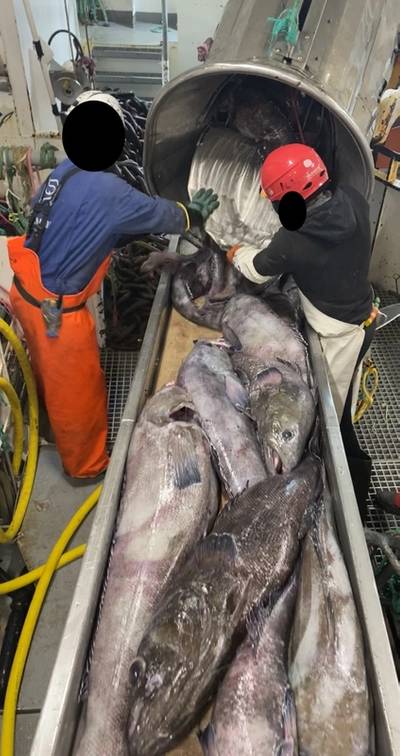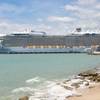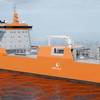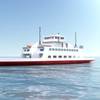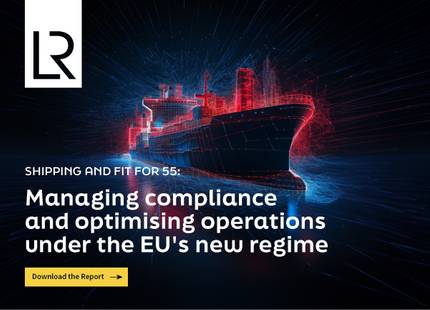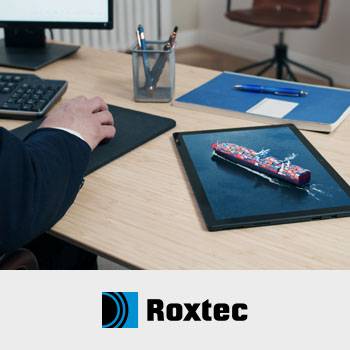Longline Fishing Company Successfully Trials Whale Depredation Solution
Norway/Uruguay-based Pesquera Azul’s has successfully trialed an innovative catch protection cage in whale-rich waters in the southern Indian Ocean. The company says it is a potential game-changer for the longline fishing industry as it grapples with the challenge of whale depredation.
The steady increase in the whale population in sub-Antarctic fishing grounds is hampering the longline fishing industry, especially for fatty fish species. Whales have learned to snatch, for example, Black cod, halibut and Patagonia toothfish off the hooks as lines are hauled in, and teach their young to do the same. In areas with a strong whale presence, such as South Georgia and the Sandwich Islands, the Prince Edwards Islands Exclusive Economic Zone (South Africa) and east of the Kerguelen Islands (Australia), depredation is threatening the economic viability of fishing operations.
“If you’re losing 75% of your catch you have to do a lot more fishing to meet your quota. Ships have to steam a long way to get away from whales resulting in higher fuel costs and, of course, emissions. It is also bad for fish stocks considering that toothfish take around 15 years to reach adulthood, so as an industry we urgently need a sustainable solution. The shared challenge is how to meet catch quotas in the shortest possible timeframe, while at the same time not distressing whales using sonic or other methods to discourage them,” says Pasquera Azul CEO Arne Birkeland.
Pasquera Azul has been involved in the ongoing development and testing of a patented solution to the problem for the past five years. Designed by Norwegian company SagoSolutions AS, the solution features a lightweight aluminium catch cage that is secured at the end of a line when it is set and runs back up the line as it is hauled in. Hooked fish are gathered safely within the cage, which can either be craned back onboard or received directly into the ship through a moon-pool extension module, which Pasquera Azul has also helped develop. As well as protecting the catch from whale depredation, the cage also enables significant catch improvement in heavy seas versus the conventional method where a lot of fish can be lost.
During this summer’s toothfish season in the Prince Edward Islands fishery, the company conducted further live tests of catch cages onboard its fishing vessel FV Ocean Azul, which is the only ship worldwide equipped to use the technology. During one test where there was a large pod of killer whales circling the ship, three lines were set using cages and one set conventionally with no cage. The lines with cages yielded 90-100 fish each, versus just five smaller fish on the latter line – which clearly demonstrates clearly both the whales’ effectiveness as well as the effectiveness of the cage protection.
“The exceptional results of all the tests prove decisively that the technology works. With continuous improvement we are confident we can get to a near-100% catch rate,” says Birkeland. “This will help to make fishing possible again in waters where an increasing amount of catch is being lost to whales.”
Inspectors onboard throughout the testing program will deliver a report to Commission for the Conservation of Antarctic Marine Living Resources (CCAMLR) for publication later in the autumn. “There has been a lot of interest in the technology from fishing authorities looking for ways to enhance the sustainability of the longline fleet. Some competitors may be tempted to talk down our solution for that reason. We clearly have the first-mover advantage as other companies will have to invest time and money developing viable systems of their own,” says Birkeland.
The immediate priority for Birkeland and his team is to continue to develop the company. “With that in mind we are actively searching for new partners and investors so we can maximise opportunities for optimal energy and resource use.”



